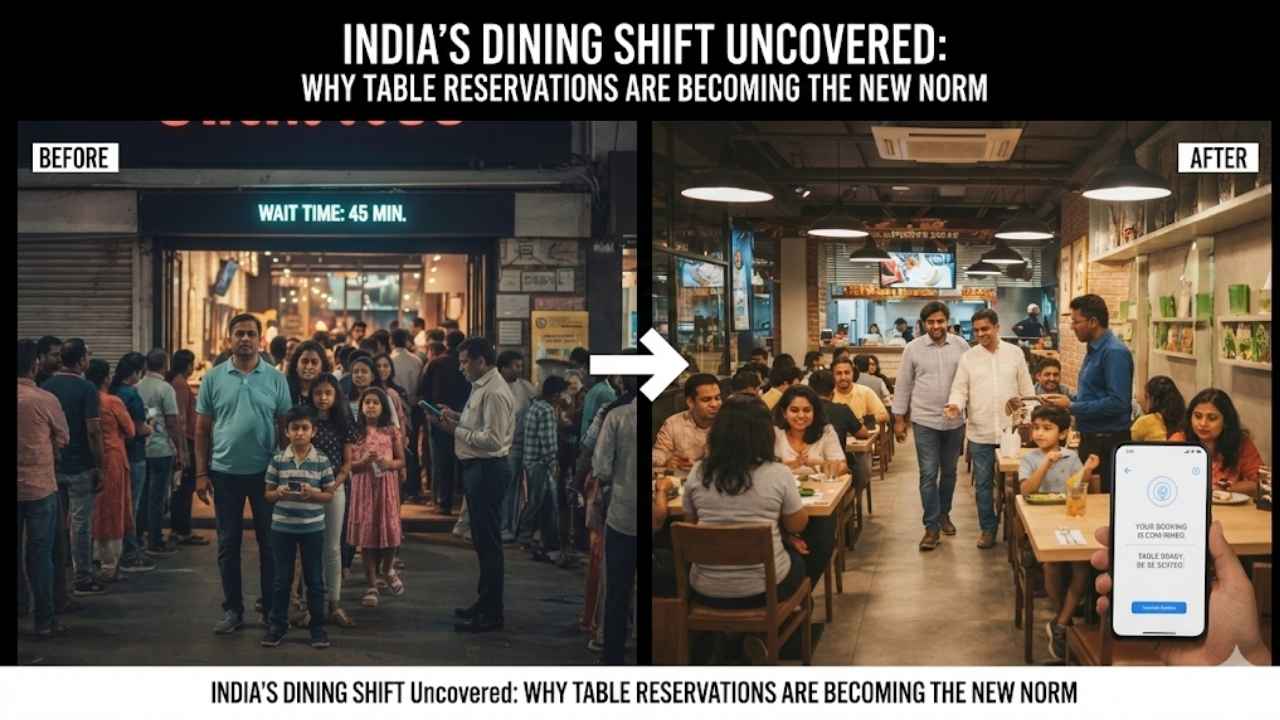In Indian SMEs, being efficient is not just a trendy term – it is a requirement. Managing a business, from keeping track of inventory to creating invoices that adhere to GST regulations, can be likened to juggling numerous tasks simultaneously. This is when the effectiveness of combining business management software with e-invoicing solutions comes into play. Now, remember that the focus is not only on automating tasks; it involves changing how businesses function, allowing for expansion and success. That said, let’s examine the reason why this integration is becoming essential for Indian businesses that are expanding.
Effortless e-invoicing: A seamless experience
Imagine a scenario where creating an e-invoice can be done without changing your current invoicing procedure. The most effective business management software effortlessly incorporates e-invoicing, streamlining tasks that used to be burdensome and time-consuming. Businesses can produce individual or multiple e-invoices immediately, both of which will automatically contain the IRN (Invoice Reference Number) and QR code. This eliminates the need to manually enter and upload invoices to the Invoice Registration Portal (IRP), saving hours.
Due to the integration, businesses can now manage tasks such as creating e-way bills and e-invoices. This is a revolutionary development for companies involved in logistics. This removes the necessity of switching between various platforms, resulting in smoother and more efficient operations. By putting in less physical effort, companies can shift their attention to essential tasks, boosting productivity and expansion.
Bulk e-invoicing: Simplified for scalability
For companies that handle many invoices daily, creating multiple e-invoices at once is essential. A unified electronic invoicing platform lets users choose several invoices, send them directly to the IRP, and automatically retrieve and print the QR codes. This is particularly advantageous for companies experiencing high invoicing periods, enabling them to uphold productivity and maintain smooth operations seamlessly.
Streamlined business management: All under one roof
Combining business management with e-invoicing involves more than just automating invoices. It’s about consolidating all your business tools in one place. An integrated system can handle everything from inventory management to accounting and GST compliance. Picture having a powerful dashboard that allows you to monitor your stock levels, analyse your cash flow, and oversee credit, all while observing your invoicing tasks. Every expanding company requires that level of efficiency.
An effective tool for business management will also streamline inventory control, ensuring businesses are always aware of what items need replenishing. Automated reports on reorder status can help SMEs avoid stock shortages and excess orders, two common issues they face. Furthermore, by utilising simple data migration capabilities, companies can easily bring in data from Excel without needing to manually input it, effectively decreasing the chance of mistakes.
Why this integration matters for growing Indian businesses
With growth comes a unique set of obstacles to overcome. With the growth of companies, the number of transactions rises, making it impractical to handle them manually. Combining elements makes tasks easier, minimises mistakes, and boosts efficiency. The e-invoicing process, in particular, has had a significant impact, especially with the compulsory implementation of GST e-invoicing in India.
Additionally, the alert features within the software help businesses maintain control over their e-invoices, reducing the risk of unintentional changes or deletions, particularly in a setting with multiple users. Even in situations without internet access, the ability to export invoice details in a JSON file is useful for businesses to continue operating smoothly.
Conclusion
Integrating e-invoicing with business management is now a necessity, not a choice, for Indian companies seeking growth. It helps save time, improves compliance, and simplifies business operations. With the changing business environment in India, it is crucial to have a scalable solution that can handle bulk processes and ensure smooth operations for long-term success.





































